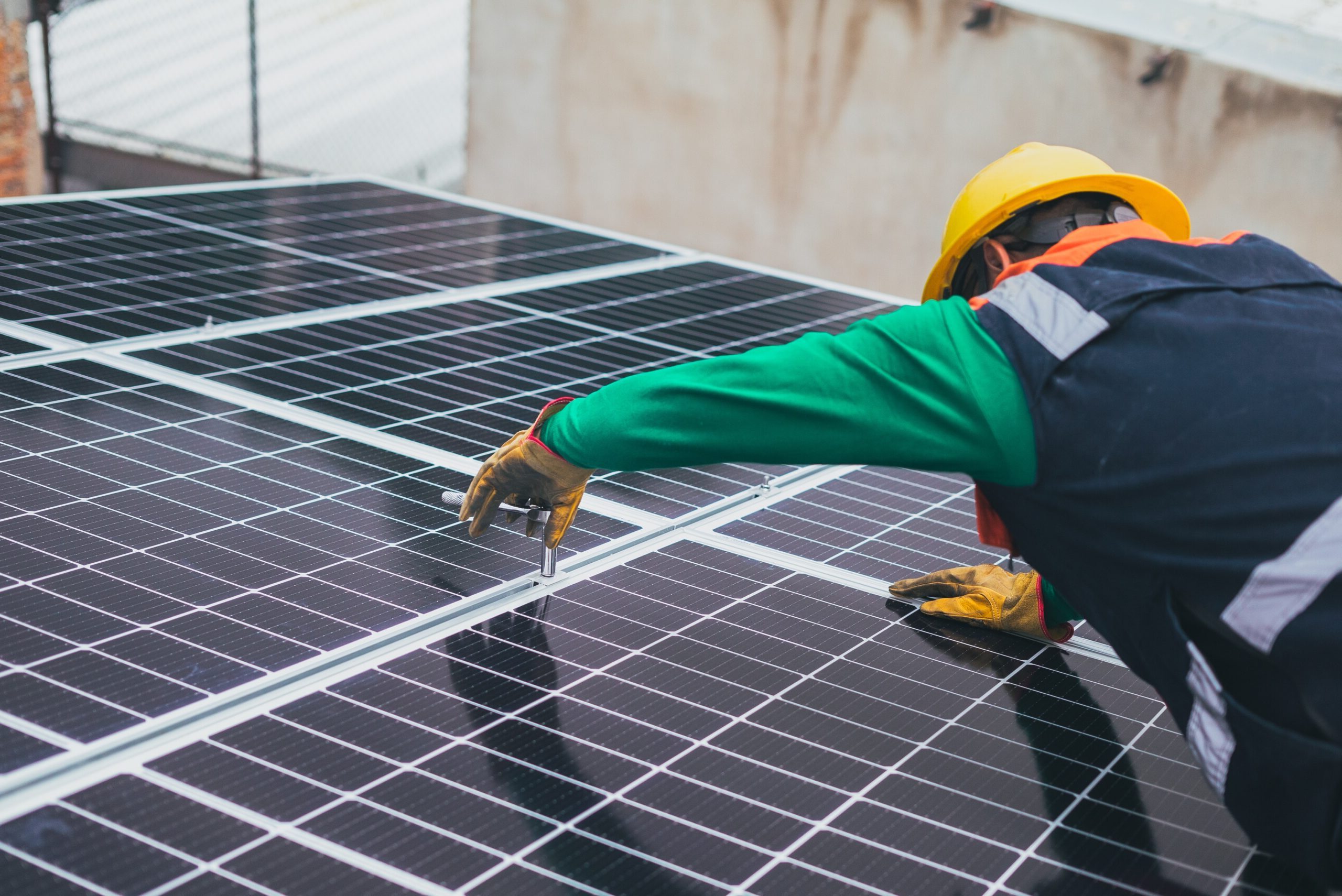
Issue Area
Climate Justice and a Just Transition
Overview
Climate change impacts everyone. But because human societies are unequal, climate change does not impact everyone in the same way. For example, low-income communities have fewer resources to recover from climate disasters. In the United States, communities of color bear the brunt of pollution associated with fossil fuels and energy infrastructure. Worldwide, climate change has a disproportionate impact on women and children. Because climate change amplifies existing injustices, policies to address climate change should be designed to mitigate inequality and disproportionate impacts.
To advance climate justice through a just transition, state legislation needs to identify and center environmental justice communities, build an inclusive economy, support community-driven solutions, require local pollution reductions, and facilitate a just transition. As we transition off of fossil fuels, it is critical that the workers and communities who have powered our nation for so long do not get abandoned. A just transition to a clean energy future requires self-determination and support for those transitioning out of the fossil fuel industry. It is also critical that the clean energy sector does not repeat the mistakes of the past, and so a just transition involves equitable policy design to ensure that clean energy jobs are high-quality jobs that are accessible to all.
Key Facts
Apprenticeship programs coupled with targeted hiring policies can ensure that the clean energy workforce of the future includes women, people of color, people with disabilities, returning citizens, and other underrepresented groups.
It is important to work closely with tribes when developing just transition policies, as many tribal lands are home to retiring coal mines or plants.
